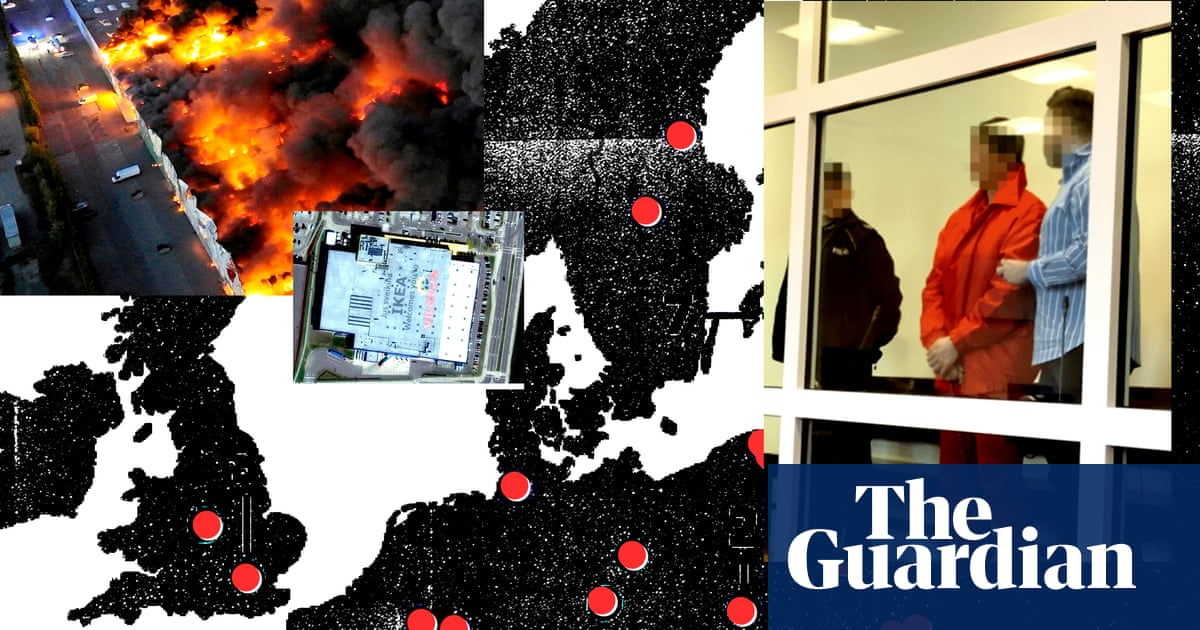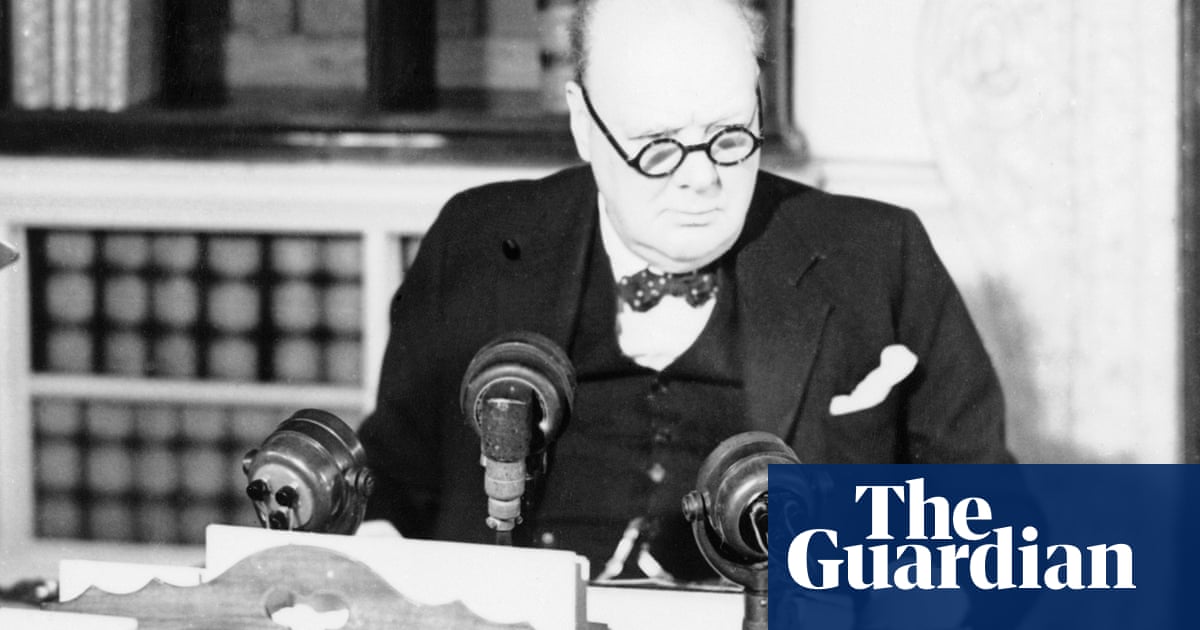Millions of cancer patients have been promised faster diagnosis and treatment, with the rollout of a new technology across the NHS in England.
The tool, called Cancer 360, is designed to bring cancer patients’ data into one central system in order that doctors and nurses can prioritise those most in need and see them more quickly.
The Department of Health and Social Care (DHSC) said the aim was to help move existing analogue systems to a digital one so that healthcare staff in England would no longer have to gather important information about each cancer patient from different spreadsheets, emails and records.
Dr Vin Diwakar, NHS England’s clinical transformation director, said: “Every cancer patient deserves swift, effective care, and our new Cancer 360 solution harnesses data to ensure exactly that. By giving clinicians a comprehensive view of patient pathways, we can identify and address delays immediately.
“As Cancer 360 expands to more hospitals nationwide, I’m confident we’ll see meaningful improvements in both treatment times and patient experience.”
It is understood that trusts will not be forced to use the tool, but those not meeting NHS standards on cancer – including that 85% of cancer patients should have started their treatment within 62 days of being referred – may be asked to consider how Cancer 360 could help them meet targets.
The DHSC said Cancer 360, as well as helping patients get a faster diagnosis, would help cut treatment delays and thus boost survival rates.
Eve Byrne, from Macmillan Cancer Support, welcomed the rollout, saying: “With nearly 3.5 million people living with cancer in the UK – a number that continues to rise – the need for faster diagnosis and timely treatment has never been more urgent.
“Too many people still face unacceptable disparities in their cancer care, from diagnosis to treatment and support. We welcome the rollout of any technology that will help improve outcomes, reduce delays, and give people with cancer greater control over their wellbeing.”
Prof Phil Banfield, the council chair at the British Medical Association, said: “Initiatives like this show great promise in bringing disjointed, disconnected, and outdated NHS systems into the 21st century.”
He added: “For these reforms to really make a difference though, we need to make sure the health service has the wider investment and staff that it needs to benefit from these advances.”
The technology has been piloted at Royal United hospital in Bath, and Chelsea and Westminster hospital. It was said to have helped the latter meet the faster diagnosis standard, whereby 75% of patients should receive a diagnosis or ruling out of cancer within 28 days of referral.
The technology secretary, Peter Kyle, said: “I’ve seen first-hand the stress and heartbreak that cancer causes in my own family.
“Dependent on archaic pen-and-paper systems, life-saving diagnostics appointments hung on whether a Post-it note lost its stick, or a piece of paper went missing. That put lives at risk. And, with the technology we have today, there’s no reason for any part of our healthcare service to run in such a way.”
The health secretary, Wes Streeting, said the government was investing £26bn in the NHS, adding: “It’s a long road but we’re already getting our NHS back on its feet, giving patients over 3 million more appointments, hiring 1,500 new GPs and starting the rollout of new tech that will save lives.”

.png) 7 hours ago
5
7 hours ago
5













































